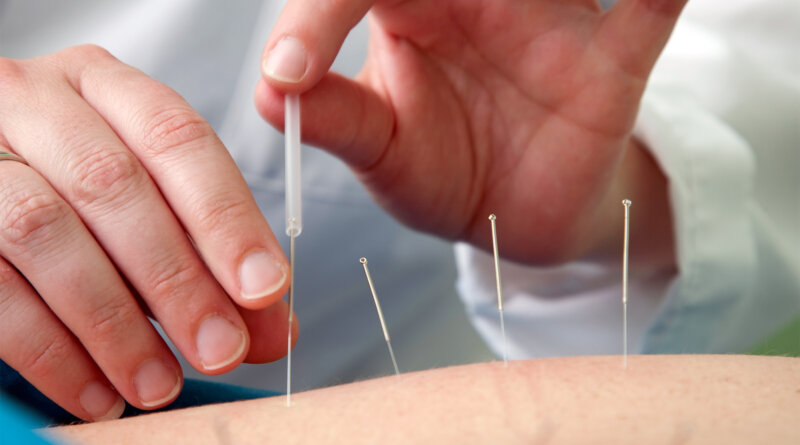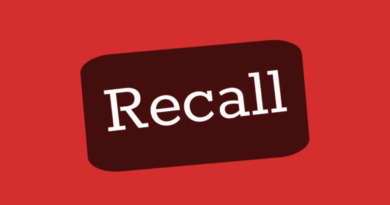Acupuncture On Point for COVID stress Relief
Jenna Gill, a licensed acupuncture therapist in New York City, says, “Acupuncture is helping your body get into the parasympathetic nervous system mode,” where the heart and breathing rates slow, blood pressure lowers, and digestion is improved.
She compared this to the state our bodies have been in throughout the pandemic — fight and flight mode — that caused stress and enhanced symptoms of anxiety, insomnia, and depression. Acupuncture, meanwhile, releases endorphins that maintain balance in your mind and body.
Gill says she’s seen a huge increase in people visiting acupuncture clinics to treat insomnia, anxiety, or stress. Snyder, from Moon Rabbit Acupuncture, says that makes sense as acupuncture is safer and easier than traditional medicine, and is often cheaper thanks to health insurance.
One reason acupuncture may be an easier way of dealing with pain, Gill says, is not all patients like swallowing pills. She says medications, which are the main pain treatment method in Western medicine, is “literally just putting a masking on your symptoms.” In other words, symptoms are your body’s way of communicating with you.
Through the aches and pains you feel, you can find out the root causes of what is wrong with you.
Still, Gill doesn’t criticize Western medicine and it’s way of healing people, but offers what she thinks is a better solution. Through acupuncture, she says, you can discover the root causes of a particular symptom.
“Our body was designed to heal itself. Stress and other factors come in the way and obstruct an efficient flow of good energy and blood through blood vessels. Acupuncture helps to restore your body’s healing power,” Gill says.
But there are other ways to manage pain, anxiety, depression, or stress. Campbell, the San Francisco dermatologist, says, “Therapy with a trained mental health professional, exercise, journaling, meditation, nature, and reconnecting with our support systems — friends, family, and hobbies” are also useful.
“The food you eat, your environment, your relationships, and the thoughts that you have matter as well,” Moy says.
She also says people who are very negative or pessimistic are not as healthy as optimistic people.




